Despite facing significant geopolitical challenges such as the Russia-Ukraine conflict, the Gaza-Israel conflict, and the China-US trade war, international trade and globalization trends continue to show resilience, according to the latest edition of the DHL Global Connectedness Report.
The report, released by DHL, indicates that globalization in trade and investment is expected to persist in 2024, building upon the momentum observed in 2023. Despite the economic slowdown experienced in the previous year due to the impact of the COVID-19 pandemic, the global economy is projected to witness a dramatic increase in activity in 2024.
One notable finding of the report is the growth in corporate globalization, with companies expanding their global footprint across different countries. This trend reflects a renewed confidence among businesses in engaging with international markets and leveraging global opportunities for growth. Additionally, trade volumes between nations are on the rise once again, signaling a resurgence in global trade flows.
The DHL analysis reveals that 143 countries have deepened their integration with the global economy, while only 38 countries have experienced reduced connectivity. Singapore emerges as the top-ranked country in terms of globalization, indicating its robust engagement with international markets and networks.
Regionally, Europe retains its position as the most connected region in the world, followed closely by North America, the Middle East, and North Africa. This underscores the continued importance of regional economic integration and collaboration in driving global economic activity.
Meanwhile, geopolitical tensions persist in various parts of the world, posing challenges to global stability. The conflict in Ukraine shows no signs of resolution, with both Ukraine and Russia maintaining entrenched positions. Kiev insists on upholding its internationally recognized borders and expelling Russian troops, while Moscow remains committed to its military operations until its objectives are met.
Similarly, the Israel-Hamas conflict, which erupted in October last year, continues to escalate, raising concerns about its potential to escalate further. The BBC reports that the conflict poses a significant risk of escalation to a deadly level, highlighting the urgent need for diplomatic efforts to de-escalate tensions and restore peace in the region.
Despite these challenges, the persistence of globalization trends underscores the resilience of the global economy and the enduring commitment of nations to foster economic cooperation and integration on a global scale. As the world navigates through geopolitical uncertainties, the momentum of globalization remains a key driver of economic growth and prosperity.



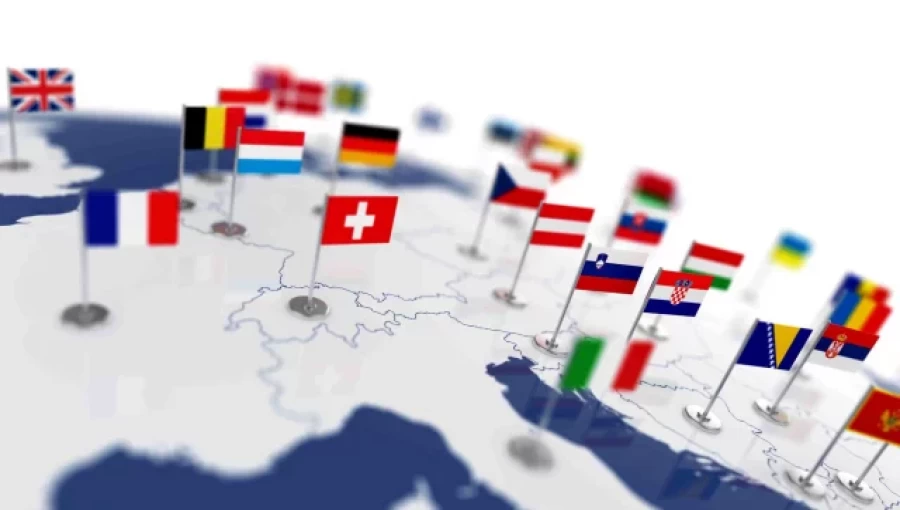










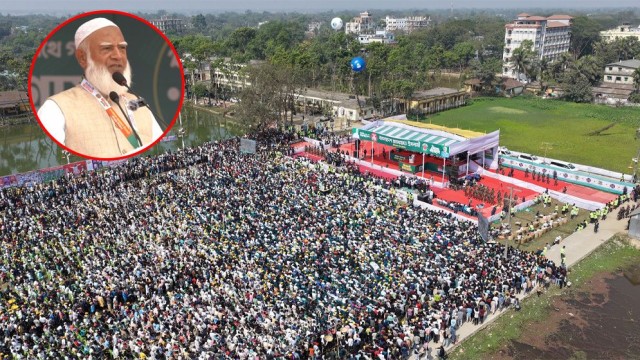







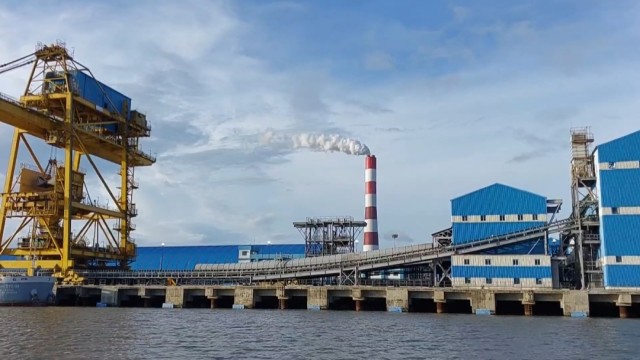





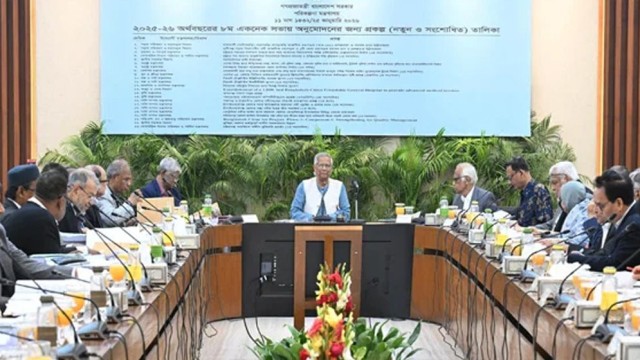

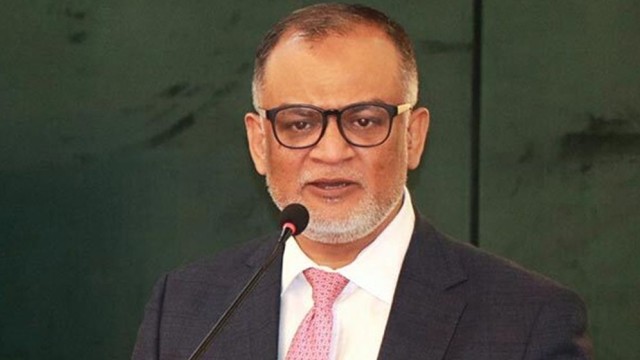
Comment: